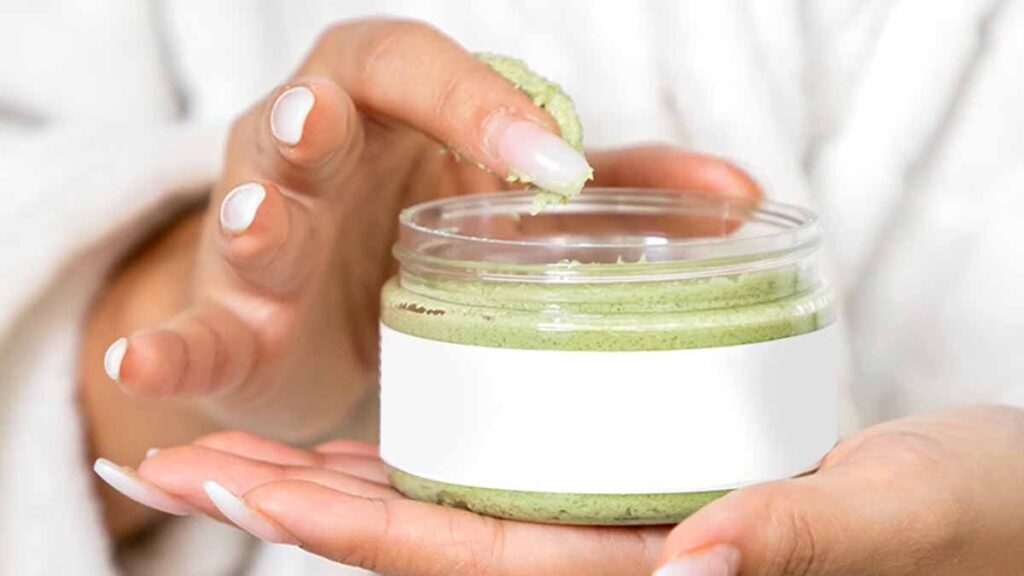
Combination of Cleanser and Scrub: The Perfect Duo for Healthy Skin
The Role of a Scrub A scrub plays a different but equally important role. While a cleanser removes surface-level dirt,
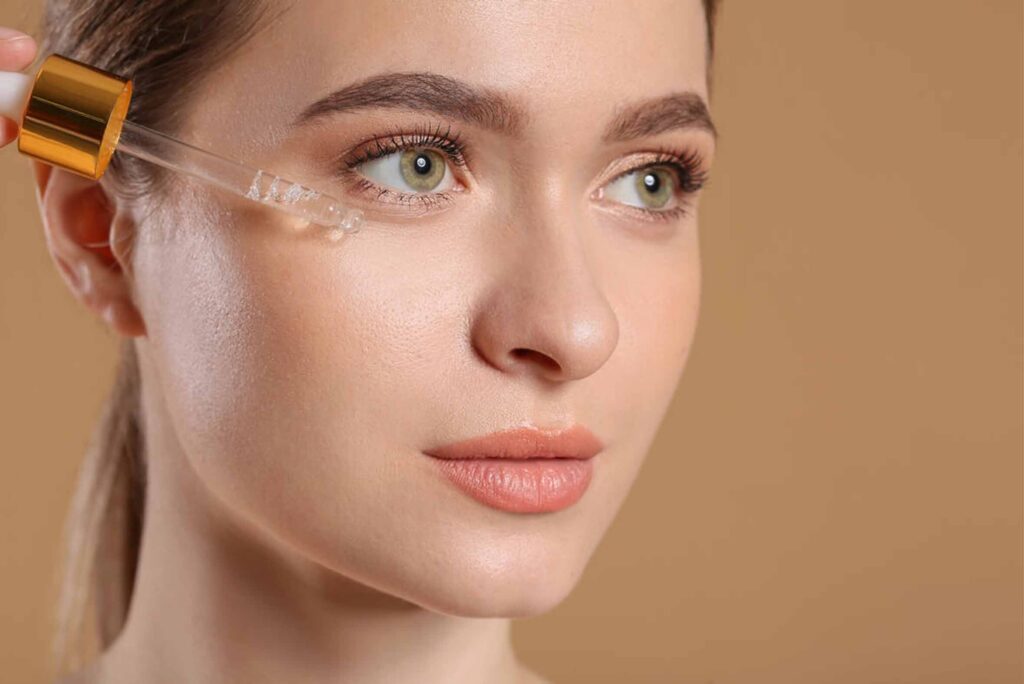
Facial serums have become one of the most popular skincare products today. They are known for their powerful ingredients and ability to target specific skin concerns. But with so many serums in the market, it can be hard to choose the right one. If you’re wondering what to see before buying a facial serum, this blog will guide you through all the important points. Whether you are new to skincare or have been using products for years, it’s always wise to know what you’re putting on your skin.
Choosing the wrong serum can lead to breakouts, dryness, or even allergic reactions. That’s why making an informed choice matters. In this blog, we’ll talk about your skin type, the key ingredients to look for, packaging, brand reputation, and other factors that can help you make a smart decision. Let’s explore these points in detail.
Before anything else, you must understand your skin type. Facial serums are made for different skin types, such as oily, dry, combination, or sensitive skin. If you have oily skin, you need a lightweight serum that won’t clog your pores. Look for water-based or gel-like formulas. For dry skin, serums with hydrating ingredients like hyaluronic acid work best. These ingredients help your skin hold moisture and reduce dryness. People with combination skin need a balanced formula that does not make oily areas greasy or dry areas too tight. If you have sensitive skin, you should be careful with strong ingredients. Choose serums that are fragrance-free and gentle.
Knowing your skin type helps you choose a serum that will actually work for you and not cause more problems. Many people skip this step and end up using a serum that makes their skin worse. Take a few minutes to observe your skin or talk to a dermatologist to find out your skin type.
Ingredients are the heart of any facial serum. They decide how effective the product will be. When buying a serum, check the ingredient list. If you have dry skin, look for hyaluronic acid, glycerin, and squalane. These ingredients pull moisture into the skin and keep it soft. For oily and acne-prone skin, niacinamide, salicylic acid, and tea tree oil are good choices. They control oil and fight breakouts.
If you want to reduce fine lines and wrinkles, search for serums with retinol, peptides, or vitamin C. These are known for their anti-aging effects. For dull skin, vitamin C is also a great option. It helps brighten the skin and gives a fresh glow. People with dark spots or uneven skin tone can benefit from ingredients like alpha arbutin, licorice extract, or kojic acid.
Avoid serums with harmful chemicals. Parabens, sulfates, and synthetic fragrances can irritate your skin. Natural and clean ingredients are safer and work better in the long term. Always read the label and do a patch test if you’re trying a new serum.
Not all serums are made for the same purpose. Some are for hydration, some for brightening, and others for anti-aging. Before buying, ask yourself what you want to achieve. If your main concern is dryness, go for a hydrating serum. If you want glowing skin, a brightening serum with vitamin C may be the right choice. If you are seeing signs of aging like fine lines, an anti-aging serum with retinol and peptides is a better fit.
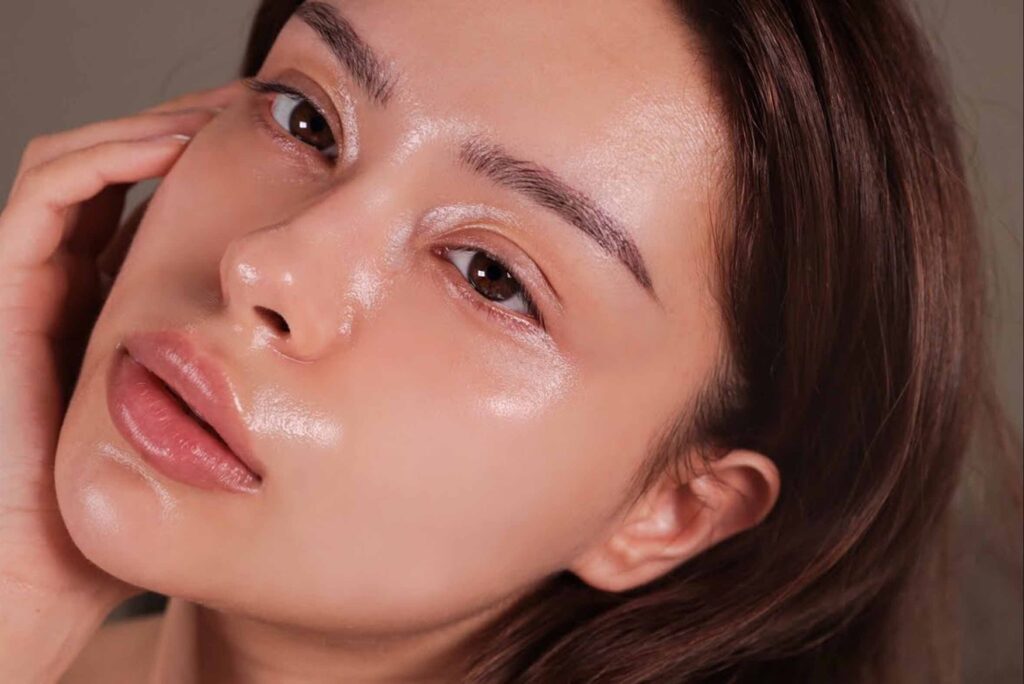
It’s important to match the serum to your skin needs. Using the wrong type of serum will not give you results and may even waste your money. Be clear about your goal and choose a product that supports it. Also, avoid mixing too many serums with different purposes. Focus on one concern at a time for best results.
The packaging of a facial serum matters more than most people think. Serums are made with active ingredients that can lose their power if they are exposed to air or light. That’s why packaging should be airtight and dark-colored. Amber or blue glass bottles are best because they protect the product from sunlight. Dropper bottles are commonly used and are helpful in using the right amount of serum without wasting it.
Avoid products that come in jars or open containers. These allow air and bacteria to enter, which can damage the product and harm your skin. Also, make sure the packaging is easy to use. If the dropper is faulty or the bottle leaks, you will not enjoy using the product. Simple, functional, and protective packaging is always a better option.
The brand you choose also plays an important role. Trusted skincare brands follow safety standards, use quality ingredients, and perform testing to ensure results. If you buy from an unknown or unreliable brand, there’s a higher chance of getting a product that doesn’t work or causes irritation.
One reliable name in skincare is Jasyn Michael Skincare. Their products are designed with care and focus on natural ingredients. The brand is known for offering high-quality skincare solutions that suit different skin types and concerns. If you’re not sure where to begin your skincare journey, starting with trusted names like Jasyn Michael Skincare can give you peace of mind and visible results.
Always do some research on the brand before buying. Check their website, read their product pages, and see if they share full ingredient lists. Honest brands are transparent and provide complete information to help customers make informed choices.
One of the best ways to know if a serum works is by reading what other users have to say. Online reviews can give you real insights into how a product performs. Look for reviews that match your skin type or concern. If many people with similar skin issues see good results, there’s a good chance the product will work for you too.
Don’t just trust one or two reviews. Read a variety of them from different sources. Also, check the overall rating. A serum with many 4 or 5-star ratings is usually more reliable than one with mixed feedback. Be cautious of fake reviews. If everything sounds too perfect or looks copied, it might not be real. Honest reviews often mention both pros and cons.
Facial serums can be expensive. However, expensive doesn’t always mean better. Some affordable serums offer great results if they contain the right ingredients. When comparing prices, also look at the size of the bottle. A small 15ml bottle might look cheap, but if you need to use a lot of it daily, it may not last long.
Think about how long the product will last and how much you need to use. This will help you understand the true cost. Also, don’t fall for luxury packaging. Sometimes, brands charge more for fancy boxes and not for the quality of ingredients. Focus on what’s inside the bottle, not just how it looks.
Many good serums are dermatologically tested, which means they are safe for use on the skin. Some are also allergy-tested or non-comedogenic, which means they won’t clog pores. Look for these signs on the label. They are especially important if you have sensitive or acne-prone skin.
Certifications like cruelty-free, vegan, or organic also tell you about the brand’s values. If you care about animal welfare or clean beauty, these labels will guide your choice. But don’t blindly trust logos. Read the fine print or visit the brand’s website to verify the claims.
Be careful of serums that promise magical results. If a product claims to erase all wrinkles overnight or give you glowing skin in one day, it’s probably not true. Real skincare takes time. A good serum will show results in a few weeks if used correctly and regularly.
Serums that use scientific terms or celebrity endorsements may sound attractive but always go back to the ingredient list and user reviews. Trust your research more than marketing. Your skin deserves honesty, not hype.
It’s always a good idea to buy skincare from brands or stores that offer a return or refund policy. Even after all the research, a serum might not work for your skin. If the brand allows you to return the product, it shows they care about customer satisfaction. This also makes it safer for you to try new products.
Many online stores and skincare brands now offer 15-day or 30-day return policies. Check this before making your purchase. A return policy gives you confidence that you can change your mind if needed.
Buying a facial serum is not just about choosing a fancy bottle or following a beauty trend. It’s about understanding your skin, choosing the right ingredients, and trusting reliable brands. Take your time to read labels, understand what each ingredient does, and think about your personal skin goals. Don’t fall for marketing tricks. Choose what truly works for you.
Brands like Jasyn Michael Skincare make it easier by offering clean, effective, and well-researched skincare products. Their commitment to quality and skin health can help you reach your skincare goals safely and confidently. Whether you need hydration, glow, or anti-aging effects, a good serum can transform your skin—if you choose it wisely.
Always remember, skincare is a journey. What works for one person may not work for another. Listen to your skin, stay consistent, and make informed choices. The right serum, when used regularly and correctly, can make a big difference. It can improve your skin’s texture, brightness, and overall health. So the next time you shop for a facial serum, use this guide to make a smart and skin-friendly decision.

The Role of a Scrub A scrub plays a different but equally important role. While a cleanser removes surface-level dirt,
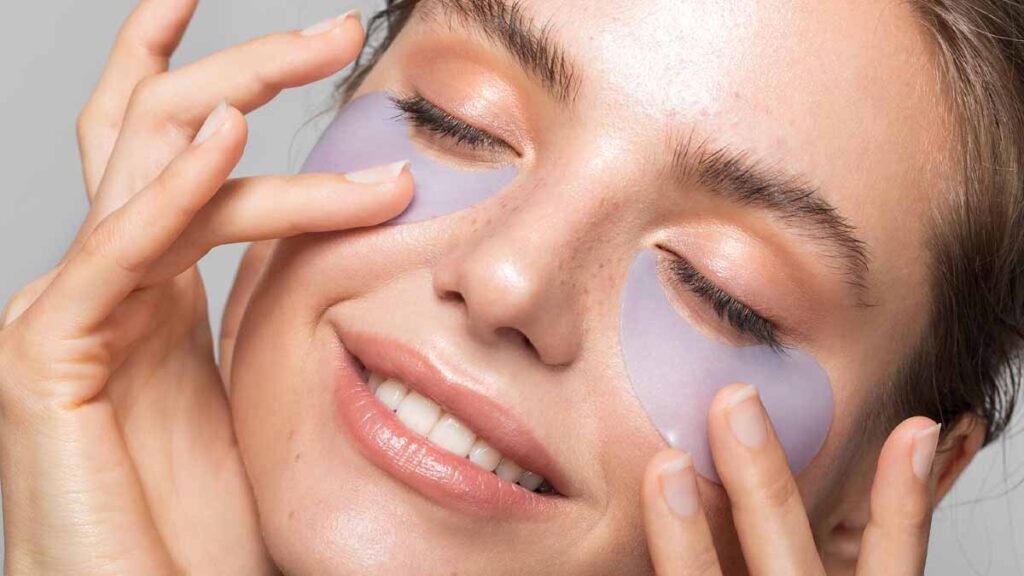
Why Skincare Matters Your skin is the largest organ of your body. It protects you from pollution, sun damage, dirt,

Building the Habit of Daily Skincare The biggest mistake people make is thinking skincare has to be complex. In reality,
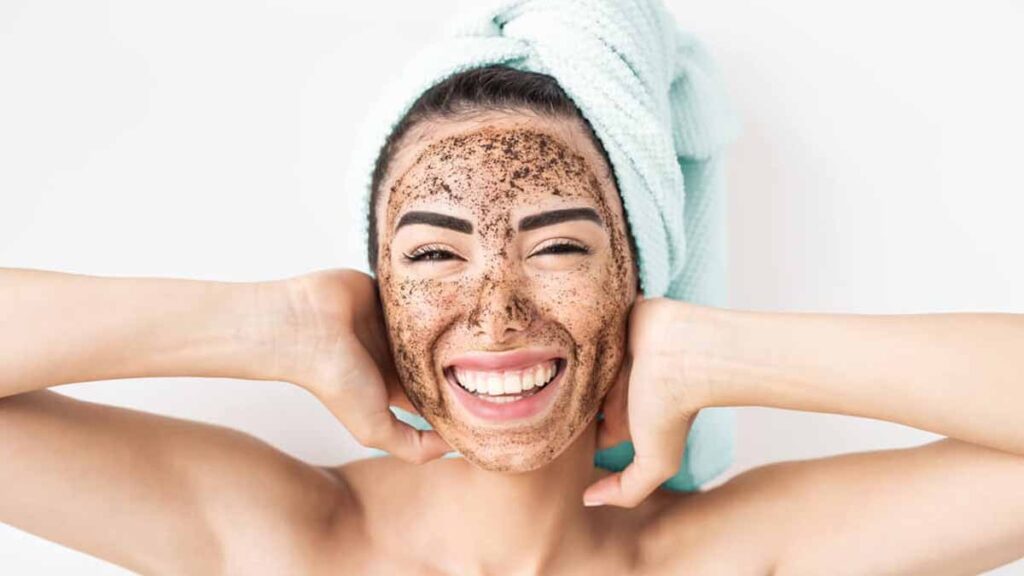
Why Do Blackheads Appear? Blackheads appear due to multiple reasons. The most common factor is the overproduction of oil by